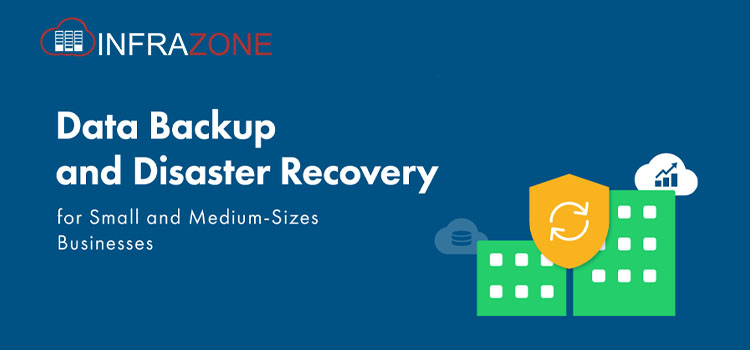
Protect your data in Linux cloud hosting with robust backup and disaster recovery strategies. Safeguard against data loss, ensure business continuity, and mitigate risks with proper backup solutions and disaster recovery plans.
Safeguarding Your Data: Data Backup and Disaster Recovery in Linux Cloud Hosting
In the world of Linux cloud hosting, ensuring the security and integrity of your data is of paramount importance. Data loss can have severe consequences for businesses, making robust backup and disaster recovery strategies essential. This blog explores the significance of data backup and disaster recovery in Linux cloud hosting environments. We delve into the best practices, tools, and techniques available to protect your valuable data and ensure business continuity in the face of unforeseen events.
Understanding Data Backup in Linux Cloud Hosting
- Explaining the importance of regular data backups in cloud environments
- Discussing the various backup methodologies available in Linux cloud hosting
- Highlighting the benefits of automated backup solutions for efficiency and reliability
Designing a Robust Disaster Recovery Plan
- The criticality of having a comprehensive disaster recovery plan for business continuity
- Outlining the key components of a successful disaster recovery strategy
- Discussing the importance of testing and updating the plan regularly
Implementing Backup Solutions in Linux Cloud Hosting
- Examining different backup solutions suitable for Linux cloud hosting environments
- Comparing traditional backup methods to cloud-based backup services
- Discussing features such as incremental backups and versioning for efficient storage utilization
Utilizing Replication and Redundancy for Data Protection
- Exploring data replication techniques in Linux cloud hosting services
- Discussing the advantages of redundant storage systems for data resilience
- Highlighting the role of load balancing and failover mechanisms in ensuring uninterrupted access to data
Ensuring Security and Compliance in Backup Processes
- Addressing data security considerations during backup and restore operations
- Discussing encryption techniques to protect sensitive data during transit and storage
- Exploring compliance requirements and industry standards for data backup and disaster recovery
Testing and Validating Backup and Recovery Processes
- The significance of regularly testing backup and recovery processes
- Outlining methodologies for testing backup integrity and restoration capabilities
- Discussing the importance of documenting test results and updating procedures accordingly
The Role of Automation in Data Backup and Disaster Recovery
- Discussing the benefits of automated backup and recovery processes
- Exploring tools and technologies that streamline backup and recovery operations
- Highlighting the advantages of centralized management and monitoring for efficiency
Conclusion :
Data backup and disaster recovery are vital components of a robust Linux cloud hosting strategy. By implementing best practices, utilizing appropriate backup solutions, and designing comprehensive disaster recovery plans, businesses can safeguard their data, ensure business continuity, and mitigate the impact of unforeseen events. Prioritizing data protection and disaster recovery measures is a proactive approach to securing your business in the dynamic world of cloud hosting.
